Intro
Boost health with potassium enriched diet benefits, rich in essential minerals, promoting healthy blood pressure, robust cardiovascular systems, and strong muscle function, through nutrient-dense foods and balanced eating habits.
The importance of a well-balanced diet cannot be overstated, and one crucial aspect of this balance is ensuring adequate intake of essential minerals like potassium. Potassium is a vital nutrient that plays a significant role in various bodily functions, including maintaining healthy blood pressure, promoting bone health, and supporting muscle function. Despite its importance, many individuals fail to consume sufficient amounts of potassium through their diet, leading to potential health issues. In this article, we will delve into the benefits of a potassium-enriched diet and explore ways to incorporate more potassium-rich foods into your daily meals.
A potassium-enriched diet offers numerous health benefits, from reducing the risk of chronic diseases like heart disease and stroke to supporting overall physical and mental well-being. Potassium helps regulate fluid balance in the body, which is essential for maintaining healthy blood pressure and promoting proper muscle and nerve function. Furthermore, a diet rich in potassium can help mitigate the negative effects of sodium, which is often consumed in excess in modern diets. By understanding the significance of potassium and making informed dietary choices, individuals can take a proactive approach to protecting their health and well-being.
The human body relies on a delicate balance of nutrients to function optimally, and potassium is one of the key players in this intricate balance. With the increasing prevalence of diet-related health issues, it is essential to focus on nutrient-dense foods that provide the body with the necessary building blocks for optimal health. A potassium-enriched diet is not just a recommendation; it is a vital aspect of maintaining overall health and reducing the risk of chronic diseases. As we explore the benefits and mechanisms of a potassium-enriched diet, it becomes clear that making informed dietary choices can have a profound impact on both physical and mental health.
Potassium and Blood Pressure Regulation
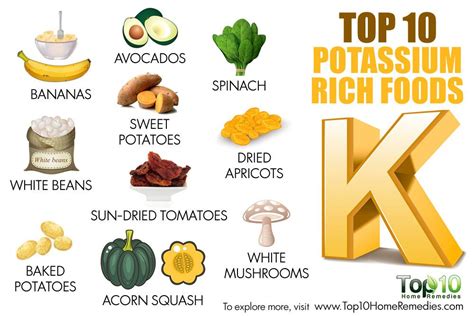
Benefits of Potassium for Heart Health
The benefits of potassium for heart health are multifaceted and well-documented. Some of the key advantages of a potassium-enriched diet for cardiovascular health include: * Reduced risk of heart disease and stroke * Lower blood pressure * Improved blood vessel function * Reduced risk of cardiac arrhythmias * Enhanced overall cardiovascular healthPotassium and Bone Health
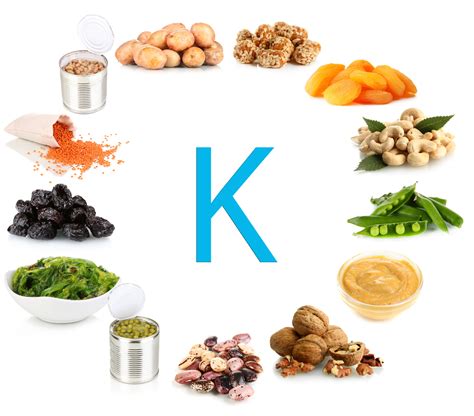
Food Sources of Potassium
Incorporating potassium-rich foods into your diet is easier than you think. Some of the best sources of potassium include: * Leafy greens like spinach and kale * Fresh fruits like bananas, avocados, and citrus fruits * Nuts and seeds like almonds, pumpkin seeds, and sunflower seeds * Legumes like white beans, lentils, and chickpeas * Whole grains like brown rice, quinoa, and whole-wheat breadPotassium and Muscle Function
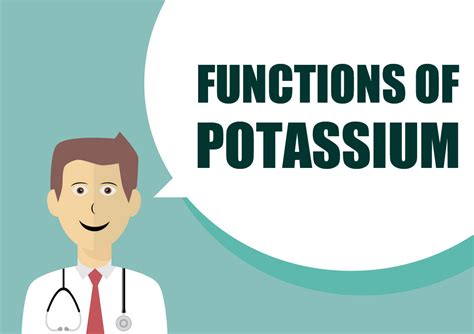
Practical Tips for Increasing Potassium Intake
Increasing your potassium intake is easier than you think. Here are some practical tips to help you get started: * Eat a variety of whole, unprocessed foods like fruits, vegetables, whole grains, and legumes * Incorporate potassium-rich foods into your meals and snacks * Use herbs and spices to add flavor to your food instead of salt * Limit your intake of processed and packaged foods, which are often low in potassium and high in sodiumPotassium and Mental Health
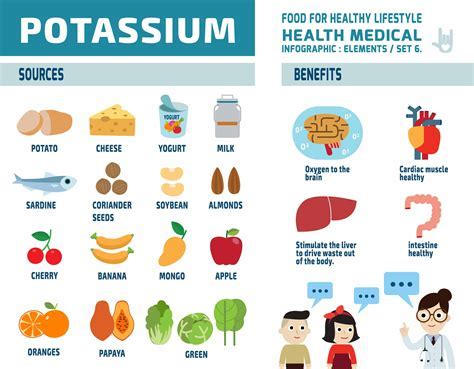
The Importance of Potassium for Athletes and Individuals with Active Lifestyles
Potassium is particularly important for athletes and individuals with active lifestyles. During intense physical activity, potassium is lost through sweat, which can lead to muscle cramps, weakness, and fatigue. A potassium-enriched diet can help replenish potassium stores and reduce the risk of these issues. Additionally, potassium's role in maintaining healthy muscle function can help improve athletic performance and reduce the risk of injury.Potassium Deficiency and Related Health Issues

Diagnosing and Treating Potassium Deficiency
Diagnosing and treating potassium deficiency requires a comprehensive approach that takes into account an individual's overall health and medical history. Some of the most effective ways to diagnose potassium deficiency include: * Blood tests to measure potassium levels * Urine tests to measure potassium excretion * Physical exams to assess muscle function and overall health * Dietary assessments to evaluate potassium intakeConclusion and Future Directions
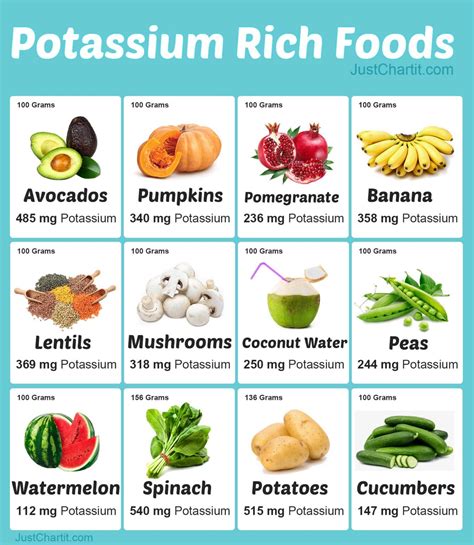
We invite you to share your thoughts and experiences with potassium-enriched diets in the comments section below. Have you noticed any improvements in your health since increasing your potassium intake? Do you have any favorite potassium-rich foods or recipes? By sharing your knowledge and experiences, you can help others make informed decisions about their health and well-being.
What are the best sources of potassium?
+Potassium-rich foods include leafy greens like spinach and kale, fresh fruits like bananas and avocados, nuts and seeds like almonds and pumpkin seeds, legumes like white beans and lentils, and whole grains like brown rice and quinoa.
Can I get enough potassium from supplements?
+While potassium supplements can be helpful in some cases, it is generally recommended to get potassium from whole foods whenever possible. This is because whole foods provide a range of essential nutrients and fiber that can help promote overall health and well-being.
How much potassium do I need each day?
+The recommended daily intake of potassium varies based on age, sex, and overall health. Generally, adults need around 4,700 milligrams of potassium per day, although this can vary depending on individual circumstances.
